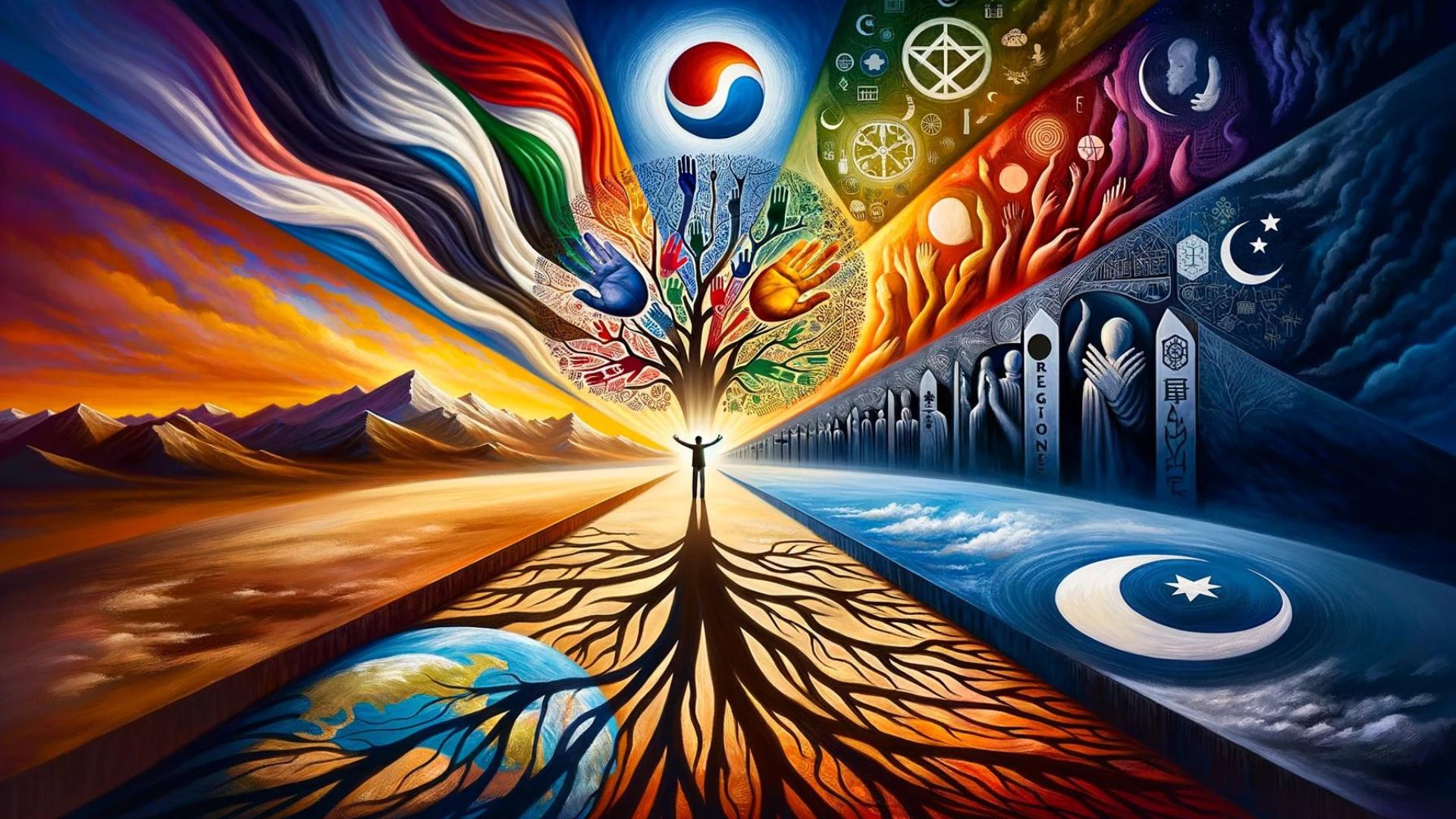I Belong – Phoenix
I belong to no country you may war against and tomorrow’s place I find, for my head, under your military boots, and the roaring thunder of your steel and fire shaking my ground. I belong to no race when a color mistake can take your reason away, and all your eyes can see is but a shade of who I am; pull a trigger and kill a hue of soul I share with you You’ll never see through you are color blind I belong to no religion whose choice of god conflict with yours— convince me you think you must and you might with a bullet in my head or a blade tearing my neck apart— what does it take to live in your world? worship you or your god? I belong to no man no country no race no religion; I belong to you I will never kill you but if you do watch out for the rusty blade you thrust not too deep and I will always be a thorn in your side but deep enough will end up in your heart you also do belong to me.
In the modern tapestry of global literature, few pieces resonate with the universal quest for identity and belonging as poignantly as Phoenix’s poem, “I Belong”. At first glance, the poem appears to be a straightforward declaration of self-autonomy and defiance against societal labels. However, a deeper analysis reveals a complex exploration of the human condition, challenging readers to reconsider notions of nationality, race, religion, and personal identity in the quest for universal belonging.
The Quest for Identity in a Divided World
Phoenix’s “I Belong” opens with a powerful assertion of non-belonging to any nation that could be an adversary in war. This immediate introduction sets the stage for a broader discussion on the arbitrary nature of divisions that segregate humanity. Phoenix skillfully navigates through the poem, stripping away layer after layer of societal identity—country, race, and religion—to question the very foundations upon which these divisions are built.
Beyond the Surface: Race, Religion, and Belonging
Phoenix’s verse transcends mere political commentary, delving into the deeper, more personal realms of race and religion. He points out the absurdity of judging individuals based on “a color mistake” or differing religious beliefs, highlighting the inherent flaw in allowing such superficial differences to dictate our perceptions of others. The poet’s use of vivid imagery, such as “a hue of soul I share with you” and “a bullet in my head,” not only evokes strong emotional responses but also serves to underscore the tragic consequences of our prejudices and misconceptions.
A Plea for Empathy and Unity
Perhaps the most striking aspect of “I Belong” is its transformation from an individual’s assertion of independence into a universal call for empathy and interconnectedness. By declaring, “I belong to no man… I belong to you,” Phoenix invites us to acknowledge our shared humanity, despite the myriad labels society may impose on us. This paradoxical statement challenges the reader to see beyond the external differences that separate us, proposing that true belonging comes from recognizing our inherent connectedness to one another.
The Power of Poetry to Unite
Phoenix’s “I Belong” is more than just a poem; it is a powerful testament to the capacity of poetry to bridge divides and foster a deeper understanding of our shared human experience. In its verses, the poem encapsulates the complex emotions surrounding identity and belonging, offering a mirror to our collective soul. Phoenix’s work prompts us to question, reflect, and, ultimately, find solace in the realization that our true belonging lies not within the narrow confines of labels but in our universal connection to each other.
Conclusion: A Call to Reflection
“I Belong” by Phoenix serves as a poignant reminder of the enduring struggle for identity and belonging in a world marred by division. Through its exploration of themes such as race, religion, and the essence of humanity, the poem encourages a reevaluation of our perceptions and prejudices. In doing so, it advocates for a world where empathy and understanding transcend the arbitrary barriers that separate us.
As readers, we are left to ponder: How can we move beyond the labels that divide us to embrace a more inclusive understanding of belonging? Phoenix’s “I Belong” does not merely pose this question; it implores us to seek the answer within the shared essence of our humanity.











0 Comments